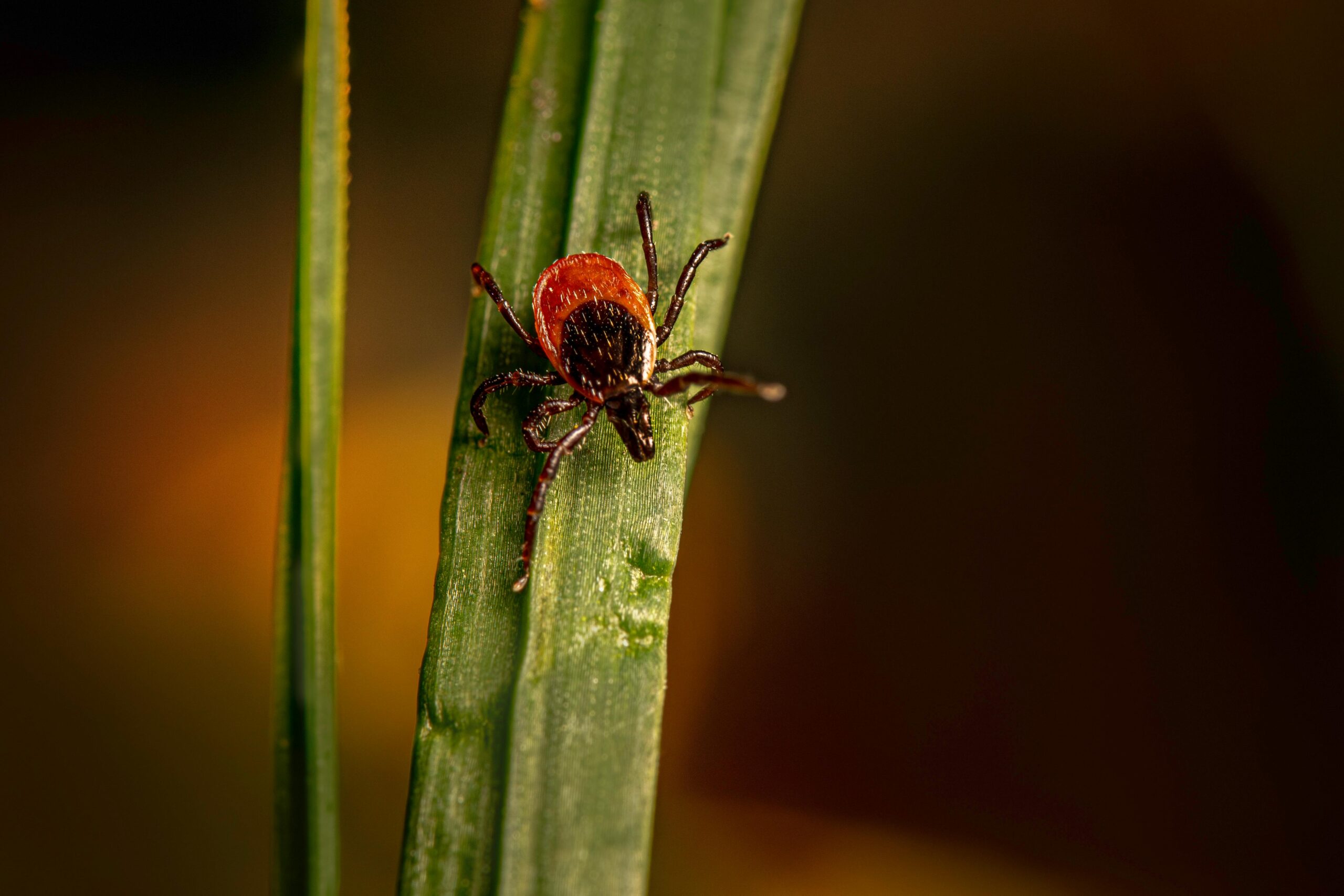Have you ever felt like your moods shift overnight, or that anxiety and depression don’t respond to traditional treatments? What if bipolar symptoms weren’t just a chemical imbalance, but a sign of hidden infections? In recent years, researchers have started connecting the dots between chronic infections—like Lyme disease and Bartonella—and psychiatric disorders. For people in both the USA and Mexico, where tick-borne illnesses often go undiagnosed, understanding this connection could be life-changing.
The Overlooked Link Between Infections and Mental Health
Mental health has long been viewed through the lens of brain chemistry, trauma, and genetics. But infections can also cause inflammation in the brain and disrupt neurotransmitter balance, leading to psychiatric symptoms.
Two of the most notorious offenders are Lyme disease—caused by the Borrelia burgdorferi bacteria—and Bartonella, a stealth infection spread by ticks, fleas, and even cats. When these infections go unnoticed, they can mimic or trigger conditions like bipolar disorder.
Why This Matters in the USA and Mexico
Both countries have high tick populations, with Mexico seeing growing Lyme prevalence in northern regions and the USA reporting cases in nearly every state. Many doctors still don’t routinely test for these infections, leading to years of misdiagnosis.
Key Takeaway: If you or a loved one struggles with treatment-resistant mood swings, it’s worth asking your doctor about Lyme and Bartonella testing.
How Lyme Disease and Bartonella Affect the Brain
Both Lyme and Bartonella thrive in stealth mode. They burrow into tissues, evade detection, and trigger chronic inflammation, which disrupts brain chemistry.
| Infection | Common Symptoms | Neurological Effects |
|---|---|---|
| Lyme disease | Fatigue, joint pain, fever | Brain fog, memory loss, anxiety |
| Bartonella | Headaches, swollen glands | Irritability, rage, mood instability |
When these infections invade the nervous system, they cause neuroinflammation, a process linked to psychiatric disorders including bipolar disorder, depression, and even psychosis.
The Inflammatory Connection to Bipolar Symptoms
Inflammation is at the heart of many psychiatric illnesses. Bartonella and Lyme bacteria release toxins and trigger immune reactions that can:
- Disrupt serotonin and dopamine regulation
- Alter brain blood flow
- Cause nutrient deficiencies by damaging gut health
- Lead to extreme fatigue, amplifying mood swings
Over time, this creates a vicious cycle: infection triggers inflammation, inflammation worsens mental health, and traditional psychiatric medications may only mask symptoms rather than heal the root cause.
Real-World Case Study: Misdiagnosis Before Discovery
Consider Ana, a 32-year-old from Texas. For years, she cycled between manic energy and crippling depression. Doctors prescribed antidepressants and mood stabilizers, but nothing truly helped. Eventually, a functional medicine practitioner ran tests that revealed both Lyme and Bartonella infections. Once Ana started antimicrobial treatments and detox support, her mood began to stabilize for the first time in over a decade.
Stories like Ana’s are becoming increasingly common, highlighting the importance of looking deeper when psychiatric symptoms don’t respond to standard care.
Symptoms to Watch For Beyond Mood Changes
Because Lyme and Bartonella mimic other illnesses, many people dismiss their symptoms. Here are additional red flags to watch for:
- Persistent headaches and migraines
- Tingling or numbness in hands and feet
- Sudden onset of anxiety or panic attacks
- Memory problems or brain fog
- Night sweats or unexplained fevers
- Muscle pain and joint stiffness
If these symptoms accompany bipolar-like mood swings, comprehensive testing is worth considering.
Testing and Diagnosis Challenges
Unfortunately, Lyme and Bartonella testing isn’t straightforward. Standard antibody tests often miss cases because these infections can suppress immune response. Consider working with a Lyme-literate medical doctor (LLMD) or a functional medicine specialist for:
- PCR and DNA-based testing
- Specialty labs like IGeneX or Galaxy Diagnostics
- Comprehensive immune system panels
Early detection makes treatment more effective, but even late-stage infections can be managed with the right approach.
Holistic Treatment Strategies
Treating chronic infections requires a multi-pronged approach, including antimicrobial therapy, detoxification, and nervous system support.
1. Medical Interventions
- Antibiotics or herbal protocols to target bacteria
- Anti-inflammatory medications to reduce brain swelling
- Immune support therapies
2. Detoxification and Gut Health
Bacterial die-off releases toxins that can worsen symptoms. Supporting detox pathways is key. Products like PARA D TOX help bind toxins and support liver health.
3. Stress and Mood Regulation
Chronic infections put the body into fight-or-flight mode. Supporting emotional health with natural supplements like CALM can help regulate stress and promote restful sleep.
4. Lifestyle Adjustments
- Focus on an anti-inflammatory diet rich in omega-3s and vegetables
- Practice grounding activities like yoga or meditation
- Avoid alcohol and processed sugar, which fuel inflammation
Comparing Traditional and Integrative Care Approaches
| Traditional Psychiatry | Integrative Lyme & Bartonella Care |
| Focus on brain chemistry only | Addresses infection & root cause |
| Prescribes mood stabilizers | Combines antimicrobials & detox |
| Rarely tests for infections | Specialized testing recommended |
| Symptom management | Healing-focused |
For many patients, a blended approach of medication and integrative care yields the best outcomes.
Why Awareness Is Crucial in Mexico and the USA
Many people believe Lyme disease is limited to the northeastern United States, but cases are growing in states like Texas, California, and Florida—and northern Mexico is also seeing increased tick-borne infections. Bartonella is even more widespread due to flea and cat exposure. Raising awareness is critical so families can advocate for better testing and care.
Taking the Next Steps
If this article resonates with your experience or a loved one’s, here’s what you can do today:
- Track your symptoms and share them with a healthcare provider.
- Seek out functional medicine practitioners familiar with Lyme and Bartonella.
- Support your body with supplements that promote detox and calm the nervous system, like PARA D TOX and CALM.
- Prioritize gut health and nutrition to reduce inflammation.
Healing may take time, but addressing hidden infections can bring real hope for long-term mood stability.



